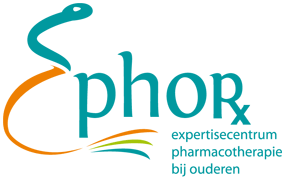A double-blind, parallel-arm, dose-titrated randomized clinical trial was conducted at 11 Australian inpatient hospice or hospital palliative care services to relieve symptoms of delirium. Risperidone or haloperidol were compared to placebo in patients with a delirium symptoms score (sum of Nursing Delirium Screening Scale behavioral, communication, and perceptual items) of 1 or more. Age-adjusted titrated doses of oral risperidone, haloperidol, or placebo solution were administered every 12 hours for 72 hours, based on symptoms of delirium. Patients also received supportive care, individualized treatment of delirium precipitants, and subcutaneous midazolam hydrochloride as required for severe distress or safety. Two hundred forty-seven participants (mean [SD] age, 74.9 [9.8] years; 85 women [34.4%]; 218 with cancer [88.3%]) were included in intention-to-treat analysis (82 receiving risperidone, 81 receiving haloperidol, and 84 receiving placebo). In the primary intention-to-treat analysis, participants in the risperidone arm had delirium symptom scores that were significantly higher than those among participants in the placebo arm (on average 0.48 Units higher; 95%CI, 0.09-0.86; P = .02) at study end. Similarly, for those in the haloperidol arm, delirium symptom scores were on average 0.24 Units higher (95%CI, 0.06-0.42; P = .009) than in the placebo arm. Compared with placebo, patients in both active arms had more extrapyramidal effects (risperidone, 0.73; 95%CI, 0.09-1.37; P = .03; and haloperidol, 0.79; 95%CI, 0.17-1.41; P = .01). Participants in the placebo group had better overall survival than those receiving haloperidol (hazard ratio, 1.73; 95%CI, 1.20-2.50; P = .003), but this was not significant for placebo vs risperidone (hazard ratio, 1.29; 95%CI, 0.91-1.84; P = .14). CONCLUSIONS AND RELEVANCE In patients receiving palliative care, individualized management of delirium precipitants and supportive strategies result in lower scores and shorter duration of target distressing delirium symptoms than when risperidone or haloperidol are added.
Agar et al. JAMA Intern Med. doi:10.1001/jamainternmed.2016.7491 Published online December 5, 2016.
